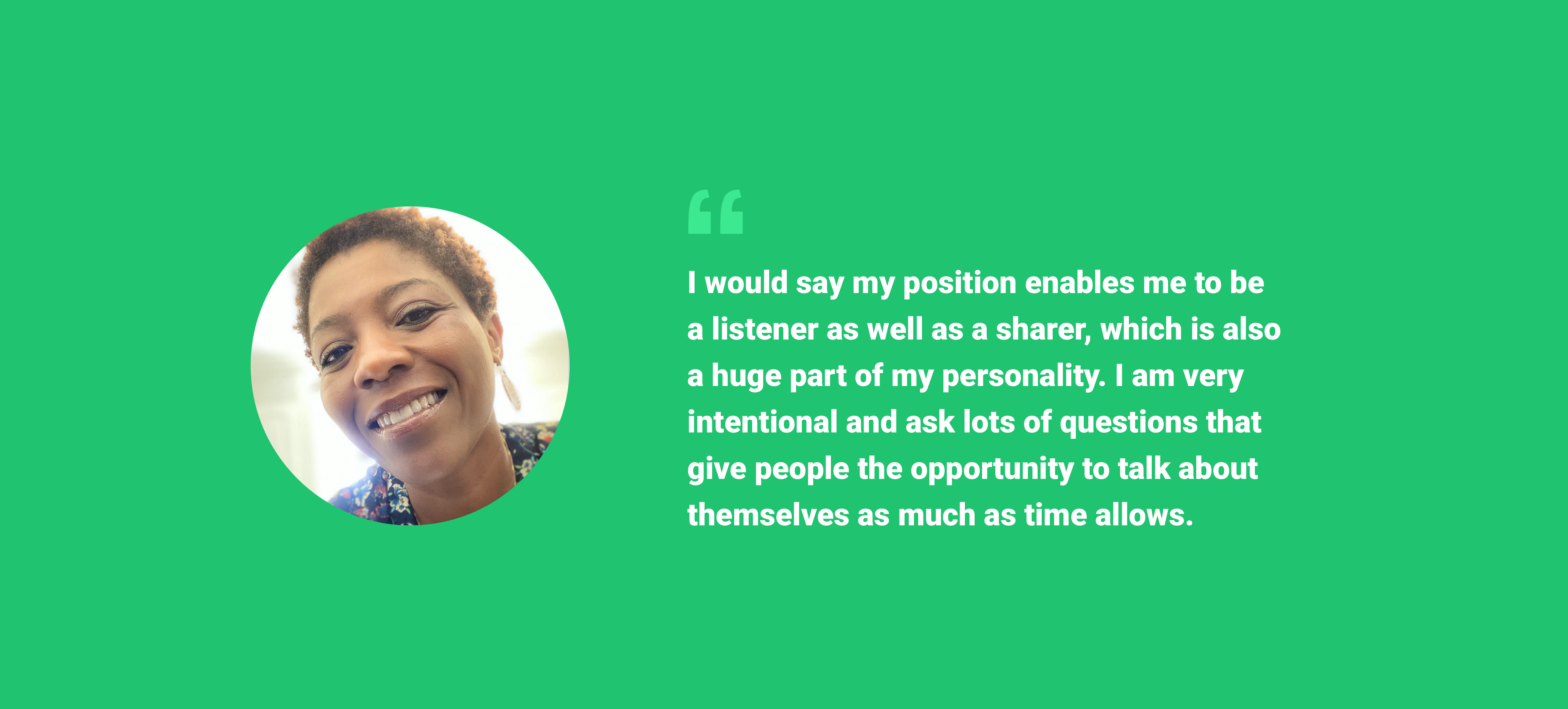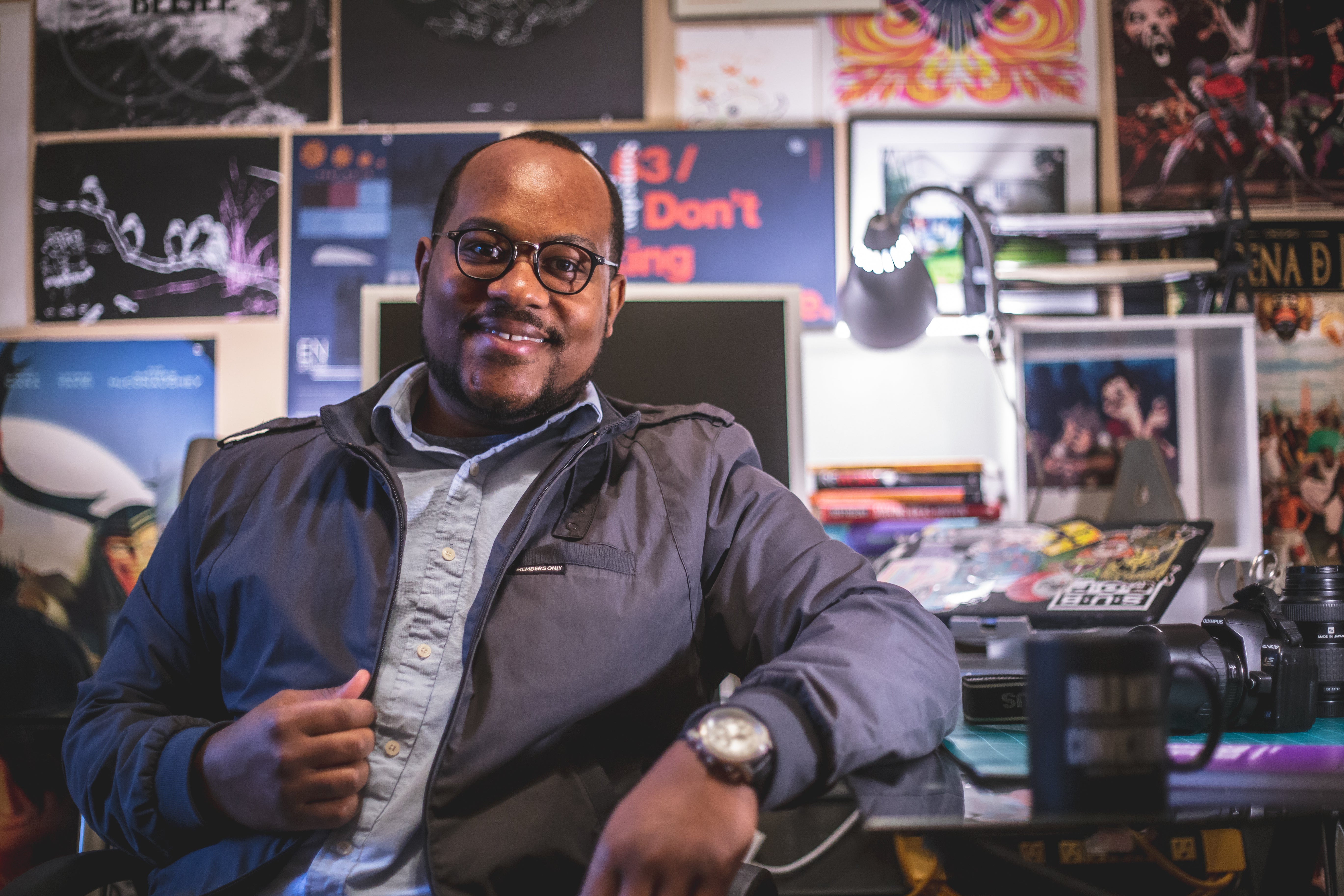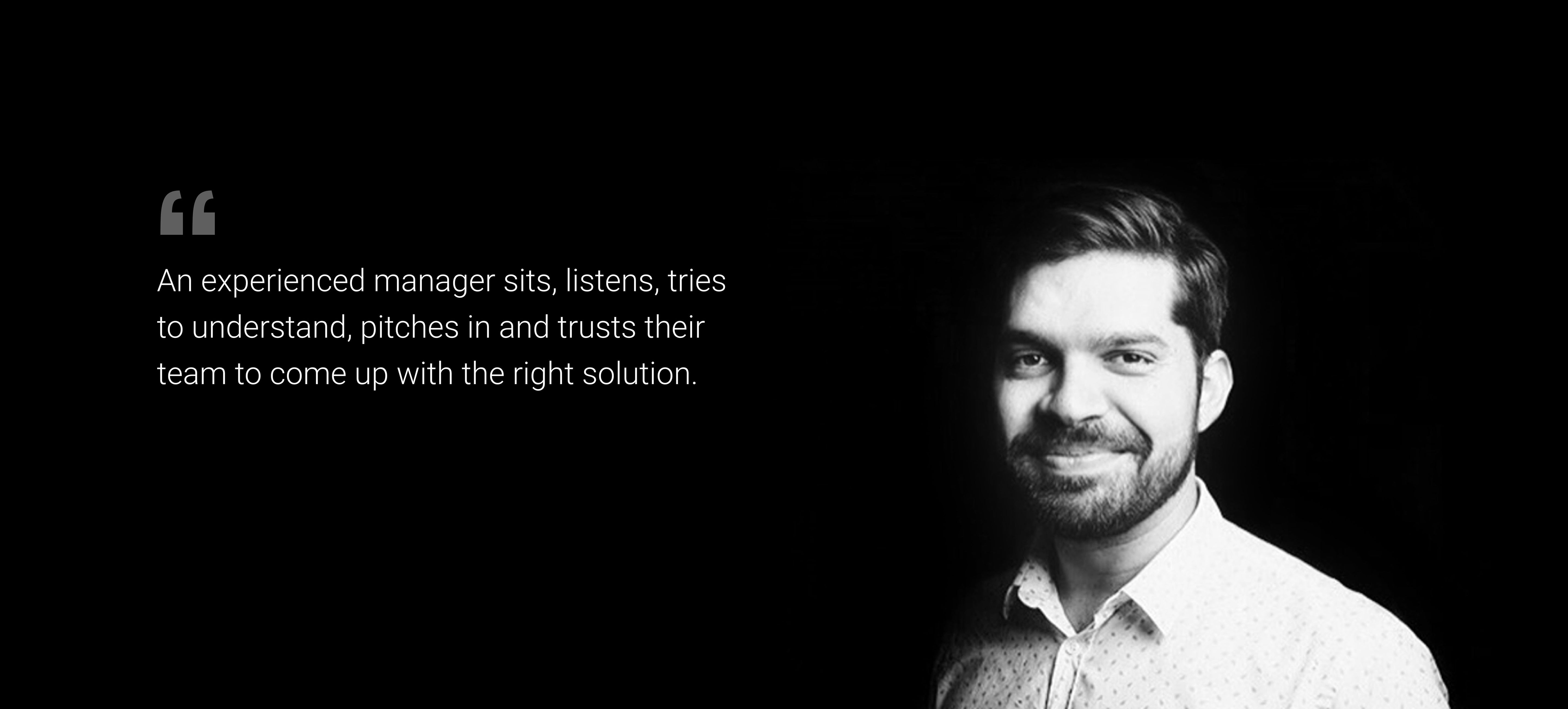
Interview with Foster Made's Listwella Donaldson
Listwella Donaldson is the Business Manager at the digital agency Foster Made. Her journey took her from the first of six children to graduate high school in her hometown of Philadelphia to Gordon College in Massachusetts to a Finance Director at a non-profit, and now to Richmond, VA where she "keeps the ship afloat" at Foster Made. We had the opportunity to speak with Listwella about her career, accomplishments and experiences as a Black woman navigating the business and tech world.
Tell me a bit about yourself, your background and the work you do.
I would describe myself as a somewhat shy and reserved person but, I can hold my own in a crowd of people from all walks of life. As the oldest of six children, I’ve managed to accomplish a lot of “firsts” in my immediate family. Some are being the first to graduate from high school and college, first to travel, study, and live abroad and the first to buy a home. All throughout my work experience of 35 years, I’ve been in several administrative, advisory and management positions. The work I do at Foster Made is a combination of the management of the office, Human Resources, payroll, and finance.
How did you end up on the career path of business administration?
Well, it was really out of necessity. I had gone back to graduate school getting a degree in International Economic Development. My ideal scenario for employment was to work internationally in the area of microfinance/micro-business for a non-profit organization such as World Vision or Catholic Relief Services. I had interviews for several positions but never received an offer. As I reflect back during that time, I think part of my inability to land a position surfaces from only being able to speak one language, inexperience, lack of connections and training. Having the degrees were not enough.
In 2007, a family member told me about an administrative position with a non-profit in Richmond, VA. At the time, I was living in Philadelphia and was willing to move for a better career opportunity, to get a foot in the door. At least, that’s what I thought it was at the time. Nevertheless, I accepted a position Administrative Assistant and moved to Richmond, VA. I was with that organization for one year. It had dissolved. From there, I worked in an administrative position through a temp agency for one year. I then landed a position with a non-profit as the Finance Director, staying with that organization for six years.
Tell me about your experience as a person of color in the business world.
My experience has been fairly straightforward. Prior to my administrative positions, I worked as a restaurant manager for eight years. I felt like I was treated fairly and with respect. I would say also that most of my positions were in leadership but not leadership in the sense of “being in the room” where the decisions were being made.
What have your interview experiences been like, having to navigate both racial and gender bias?
For some weird reason, I’ve always enjoyed interviews. I look at them as having a conversation with someone who is interested in having a relationship where we both benefit from our agreement and partnership. In all my interviews, I’ve tried to “look” the part to show that I would fit in. I don’t think that’s unusual because why wouldn’t I want to make a good impression? The thing is, during interviews, I think it’s hard to detect racial and gender bias because most interview questions are neutral and work-related. I think navigating racial and gender bias during interviews is subjective. Anyone can put up a facade to avoid appearing being discriminatory.
But, what I can say is that I have seen and experienced the inequality of being underpaid for the same position held by an individual who is not a woman or a person of color. It could be argued that the reason being was because of experience and not racial or gender bias. I know starting off on the lower salary spectrum makes it nearly impossible to getting anything higher than the minimum increase or it takes many years to get to where one should have been paid in the beginning. In addition, throughout my 20+ years in Business Administration, in addition to racial and gender bias, favoritism is a part of the equation when it comes to equality of pay.
You’re at Foster Made now, a digital agency. What brought you there, and how would you compare your experience in tech versus other industries?
I was ready for change and opportunity served itself. Although I had no experience in tech, my position as Business Manager was not new to me. I welcomed the chance to work in an industry I was not familiar with.
In comparison, I’ve learned that tech is very nerdy, specialized, and sparsely diverse. I consider developers to be a unique group of people. This is in a good way. Those I’ve worked with are inclusive and sometimes oblivious or maybe just quiet about diversity issues but willing to engage in conversation. It has been refreshing and enlightening to see and work with fellow African Americans who are developers and digital project managers. I consider them to be an anomaly because they are few and far between. As a footnote, I have limited knowledge and access to the developer and digital project manager world, so I could be wrong with my observation. This is just MY opinion.
Have you felt being the only woman, or the only person of color… or both… in the room? If so, how has that affected your ability to get heard and advance your career?
I would say, in most of my circles, I find myself to be the only African American, the only woman of color, or both, in the room. It’s intimidating and I feel pressure from myself to want to know everything, have the right answer, and be the most reliable. Perhaps it’s just my human nature and not about race and bias.
Have you had difficulty finding a true mentor, or at least someone to advocate for you, in the workplace?
In this industry, I think you have to advocate for yourself or get left behind. Once you advocate for yourself, there is plenty of support but you have to at least know what you want and where you want to go. You can’t come to the table not knowing. Having a mentor is a part of being able to figure things out. Although there have been opportunities, it’s been hard finding the right person.
I read the amazing compliment on the Foster Made blog that you “bring security and togetherness to the table”. How have you found yourself in that role?
I would say my position enables me to be a listener as well as a sharer, which is also a huge part of my personality. I am very intentional and ask lots of questions that give people the opportunity to talk about themselves as much as time allows.
Learn more about Listwella and her work on her Foster Made bio.



Leave a comment
This site is protected by hCaptcha and the hCaptcha Privacy Policy and Terms of Service apply.